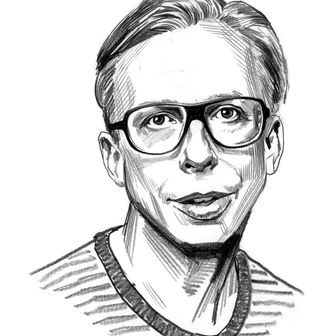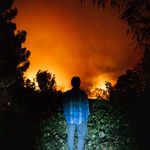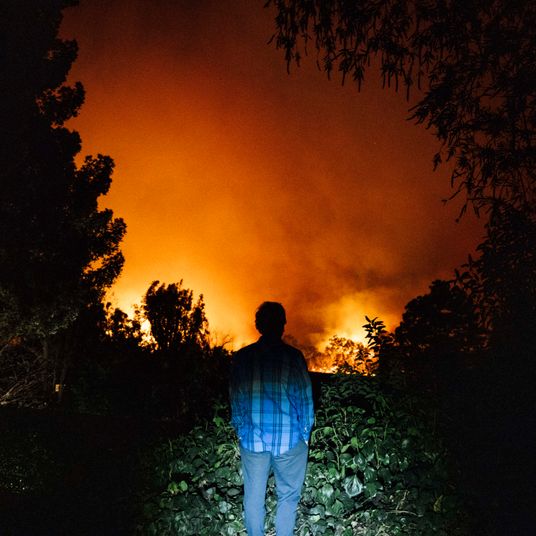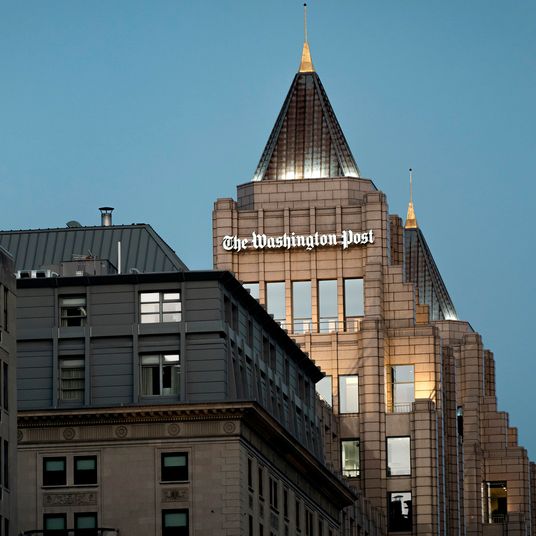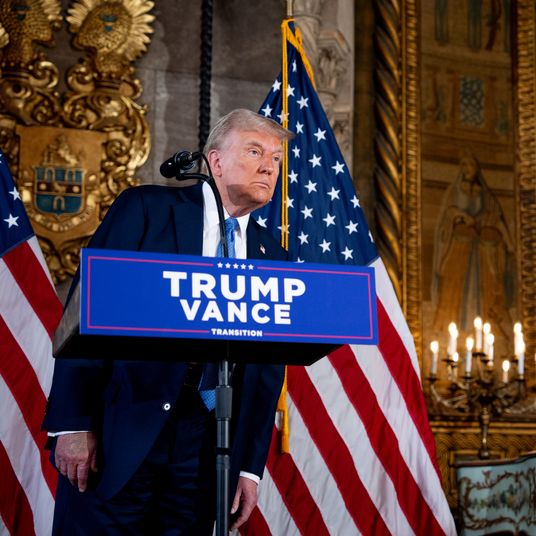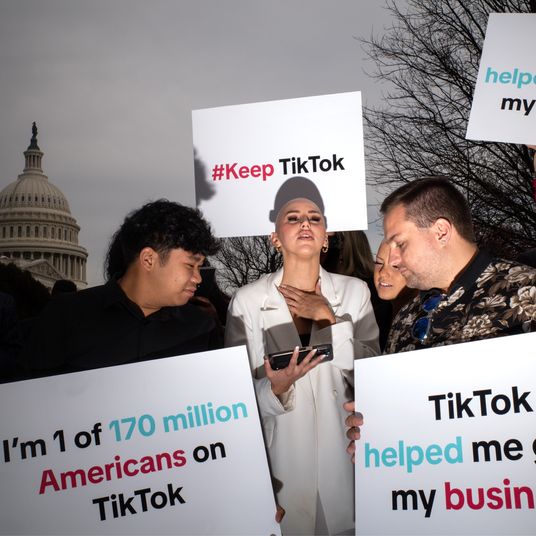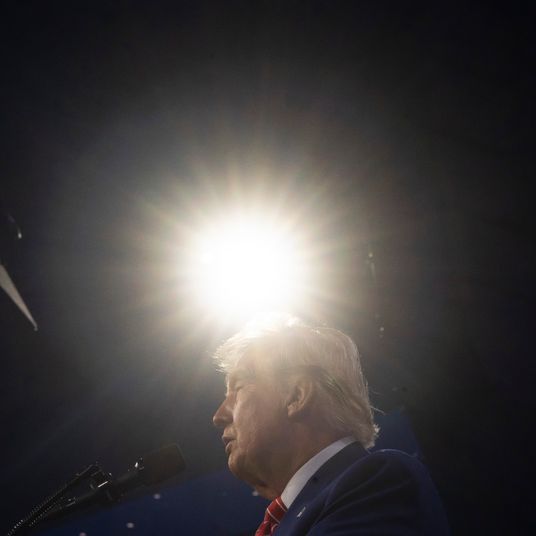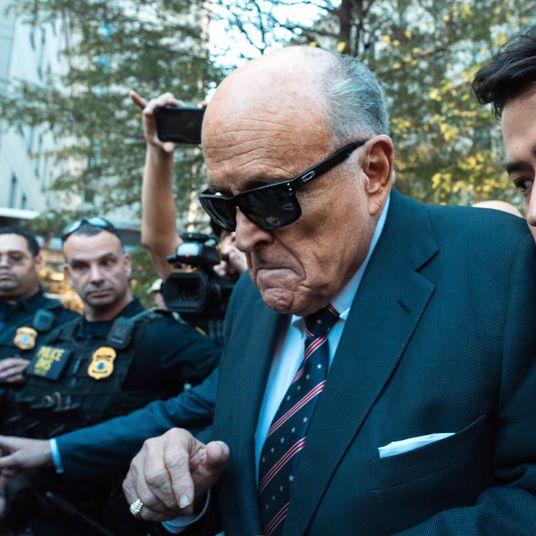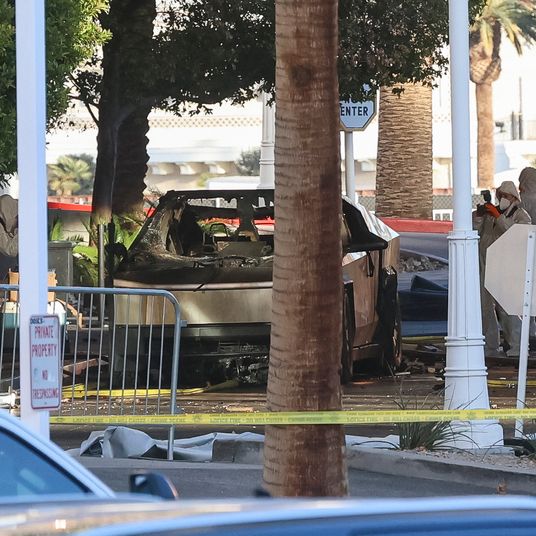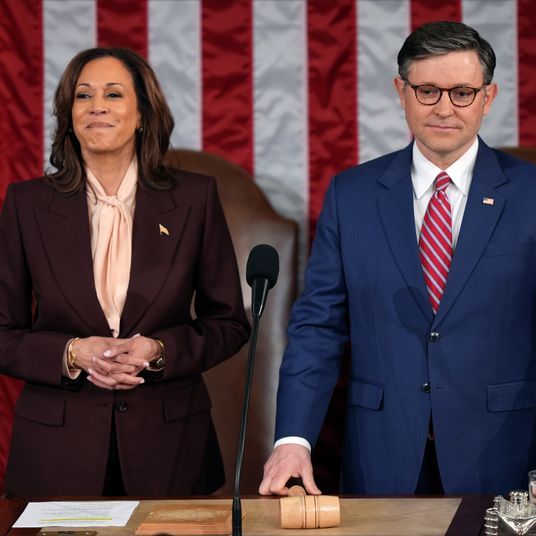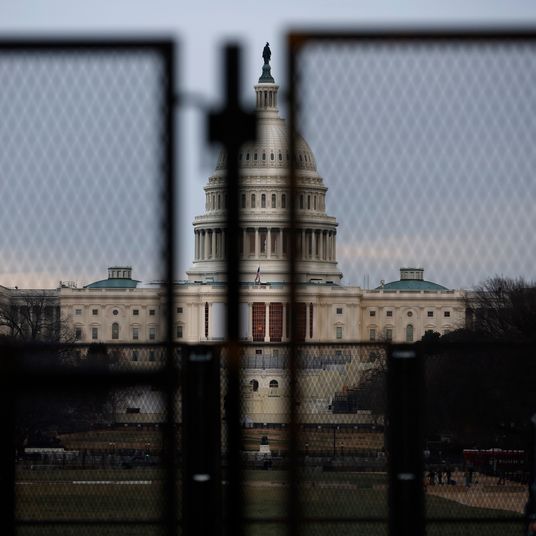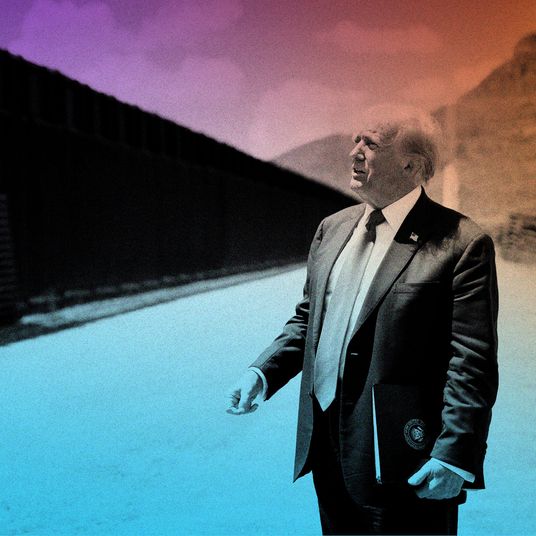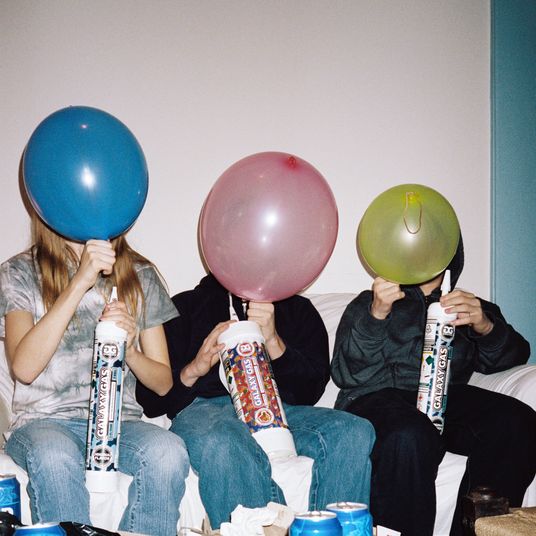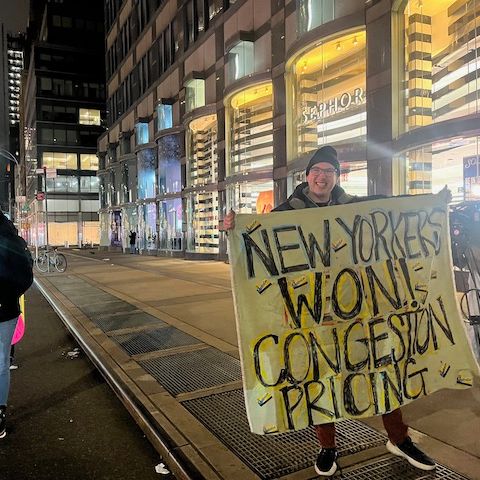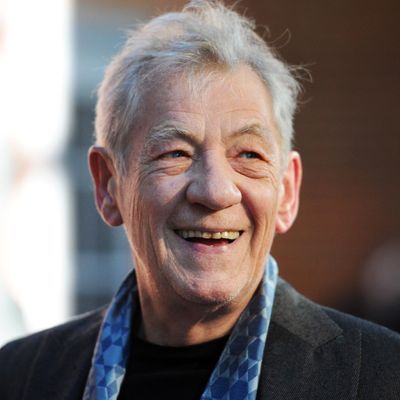
On June 28, Ian McKellen and Derek Jacobi are two of the grand marshals at the 2015 Gay Pride Parade (sharing that honor with the artist J. Christopher Neal and Kasha Jacqueline Nabagesera, a Ugandan activist) on the weekend the Supreme Court declared same-sex marriage a right in the United States. (See: this Vine they did to celebrate while wearing Stonewall Inn T-shirts and playing Queen.) McKellen and Jacobi, both 76, play a gay couple on the PBS show “Vicious” and have known each other since they were both Cambridge students, long before it was possible to be openly gay. McKellen was also in town to promote his film Mr. Holmes, in which he plays a mature Sherlock, no longer young. We spoke to them on Saturday afternoon, as a rainstorm loomed over New York, presumably to be followed by a spectacularly inspiring rainbow.
Ian: I think we had three responsibilities as grand marshals, and one is have conversations like this with the media. The second was to attend the rally yesterday. And on Sunday we’ll be at the march. How are you doing Derek?
Derek: Hanging on by an eyelash.
I hope it’s not going to rain on the festivities tomorrow.
Ian: Is it raining?
Derek: It’s sort of raining now. I hope it gets it all over with before tomorrow.
It’s a tribute to you — London-y weather.
Ian: Don’t you be rude about London weather.
It’s a momentous weekend for gay people. Tell me about the changes you’ve seen in how gays have been treated in your lifetimes.
Ian: If you’re 76 years old, which Derek and I are, you’ve seen quite a bit of change. It was illegal to be gay in the U.K. when we were your age. We remember people going to prison for being gay. And from that extreme to today, when there are now no laws which disadvantage gay people in the U.K. But changing laws, that’s quite simple. You make your arguments, and when you are right about them, as we are, eventually people come around and people change. Of course, you are still left with the attitudes which underlie those laws. Still, there are people in the United States who will be feeling lonely and misunderstood in being gay. So the changes, they are person by person. That’s a much longer process.
What was it like coming to New York, and being gay, years back?
Ian: I don’t know that this is true, but I have a distinct memory of, in 1967 when I filled out my visa form to come to the U.S.[to work on Broadway], I had to declare that I was not now nor ever had been gay. But you should check to see if that was true in 1967. Back then, you did not advertise your sexuality, and if you wanted to be open about it, you went to a private place. I remember going to the Tony Awards in 1981 with my boyfriend at the time, and someone coming up to me afterwards, privately, and thanking me for being open. That was in 1981!
Where did you go out in New York back then?
Ian: I went to a couple of gay bars and clubs, before the days of AIDS — that is when everything changed. But I don’t remember what they were called!
Coming out must have changed, too.
Ian: Coming out is not a sudden process: being honest to yourself, about yourself; you come out to your best friend and your family and at work … it does take time. And if you are in the public eye, you have a further thing you do, talk about it in public.
And your talking about it makes young people see who they are, who they can be easier, don’t you think? In some ways, they don’t have to come out, many of them, not in that way you think of it, in part because other people have, and because of films and TV, so they already know what they are: There are preexisting models for who they are.
Ian: The point of the laws changing is that we are all allowed to be different. There is no one kind of gay person any more than there is one kind of straight person. We are what we are and who we are and we make a decision to talk about it or not.
Derek: I’ve never talked so much about being gay in my life as I have in the last two days! This conversation proves that I am bored with it. I’m going to get married with my other half with whom I’ve been for 38 years. But talking about it is boring.
You’re on a gay-rights press junket!
Ian: Yes, I’m in New York for the opening of a film and I’ll be talking about it nonstop about myself anyway.
What is the most moving thing for you so far?
Ian: When Derek introduced his partner, Richard, to a crowd of strangers at the rally, and they cheered them to the skies. Not that they needed the affirmation.
Derek: I think tomorrow is going to be the high point. I’ve never been to a gay pride parade in my life. So I’m really starting at the top.
Why haven’t you gone before in London?
Derek: I’m not sure. I’m often working or away …
Do you go, Ian?
Ian: Of course I do, I go. And if you happen to be in London and not working next year, Derek, I’m going to call you up and I’m sure you’ll be delighted to go!
And what are you going to wear to the parade tomorrow?
Derek: [Laughs.] I’m not quite sure yet, but I think I’m going be vaguely in blue.
Ian: I will obviously be in white.


